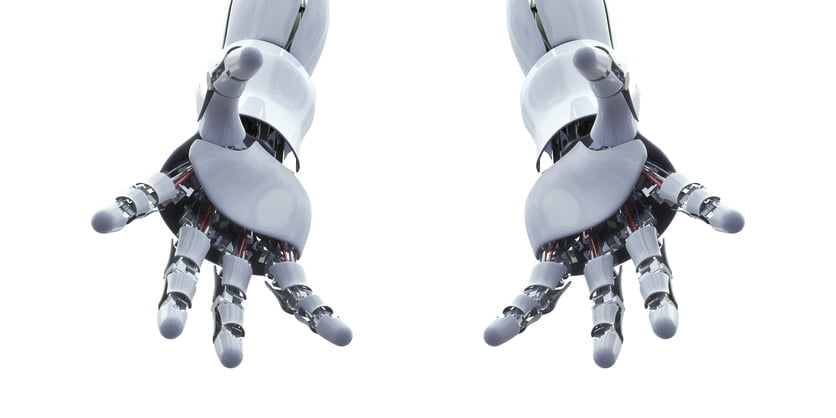
When people think of workers’ compensation, they don’t usually think of robotics. However, the US Food and Drug Administration has recently approved a device that could begin to open workman’s compensation to the world of robotics. Several companies are working to create exoskeletons for medical use. These exoskeletons are external full-body robotic devices that can make it possible for people with paraplegia or other mobility disabilities to walk.
It may sound like science fiction, but this technology is already being put to good use. The USFDA has already approved 3 exoskeleton devices. Two of the devices, ReWalk and Indego, have been evaluated and have received USFDA approval for both personal and medical facility use. This is a huge advancement in medical robotics. What does this have to do with workers’ compensation?
Well, believe it or not, some workers’ comp insurers have already approved a few claims for these motorized devices and will cover both the device and the training. However, not all carriers have chosen to cover these devices — mainly because they are currently quite expensive.
In order to use these devices, patients need to be able to use the standing frame, have control of their hands, and their shoulders must be able to support the use of crutches or a walker. Each unit is custom fitted to each user. The control system is worn like a backpack, and the user can control power walking through wrist pad controllers. There is also a tilt sensor to help stabilize steps. These devices allow users to walk, sit, stand, and go up and down steps.
It certainly looks like these exoskeletons are the future of spinal cord injury treatment. Early research shows that these devices not only provide an improved quality of life, but also reduce the risk of secondary complications and are effective in allowing the user to navigate their community.









